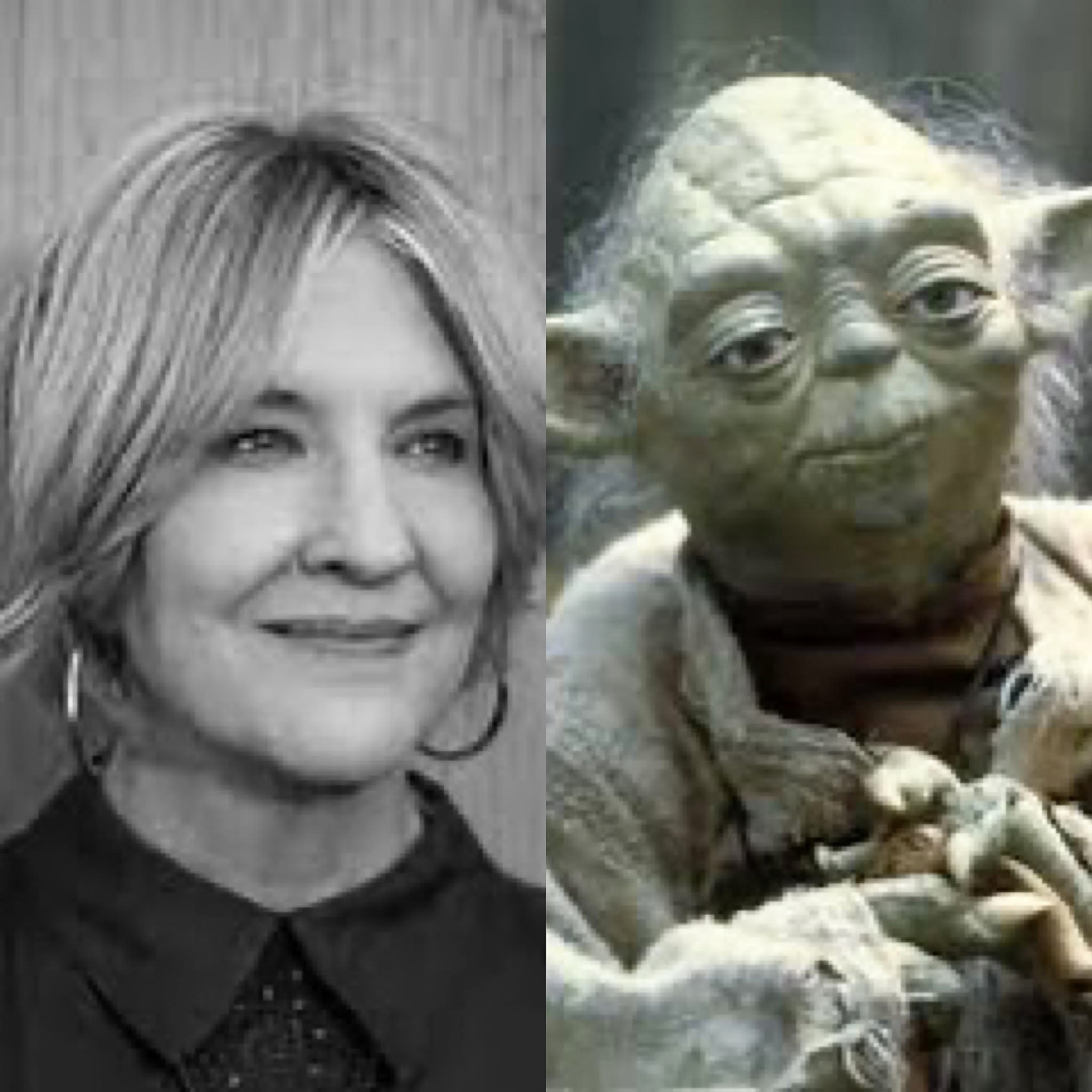An outstanding quality of the leaders I have known is the ability to break the mold with an idea or concept that was so foreign that it exposed the leader to ridicule.
One of my managing editors from newspaper days, an exceptionally savvy fellow named Neal Pattison, once conceived of a brand new newsroom scheme for getting work done. One of the new positions he championed was “Newsroom Yoda,” a person whose skills inspired calm, confidence, and competence. He wrote a memo about his newsroom concept that found its way to the opposing newsroom. Someone sent it to my boss. And I was in the position of explaining why Star Wars references were making it into the newsroom management structure.
My boss listened (if I am being honest … impatiently) before signing off with: “Well, whatever you guys are doing it’s working. You’ve just won a Pulitzer Prize and pound-for-pound you’ve got the best newsroom in the company.”
Neal was brave. Neal was vulnerable. Neal had the courage to say, “This might work. Or it might not. But here’s an idea. What do you guys think about it?”
That’s the kind of leadership Brene Brown, PhD, talks about in ”Armored vs. Daring Leadership.” Please read this or listen to the podcast. Dr. Brown is in my top five influential thinkers. She’s brilliant and her thoughts translate easily into action you can take as a leader.
She notes that the default move of many leaders is to cover up with armor instead of acknowledging they might not have all the answers or might not look smart enough.
She cites a difficult meeting that is finally paused after more than an hour by a brave soul who asks “What is the problem we are trying to solve?” Dr. Brown decides not to answer, but instead to ask each of the six people in the meeting to write a sticky note saying what they think is the problem the group is trying to solve. Five different answers emerge. Just for a minute, imagine how unproductive that meeting could be if there were six people trying to solve five problems instead of six people trying to solve one problem. The group found its way only because one person had the courage to stop and be vulnerable.
Being a brave and vulnerable leader means having the courage to say, “I might not be right and I need your help.”


0 Comments